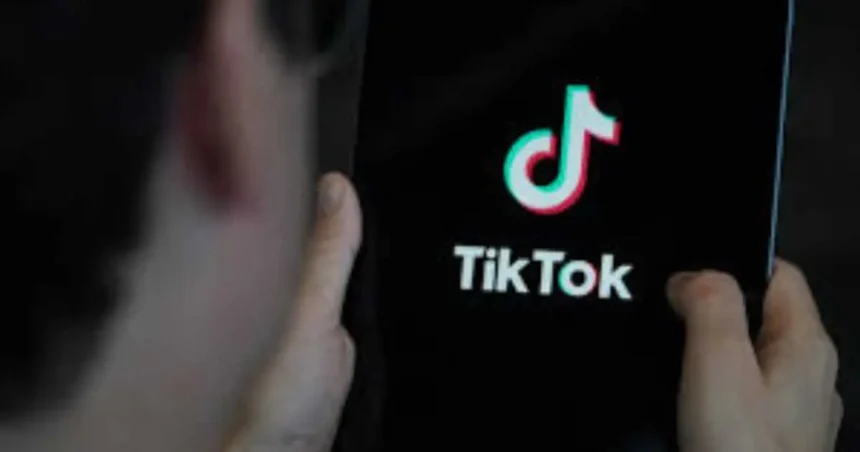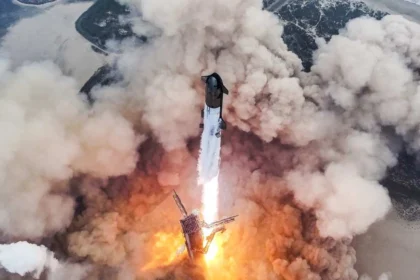TikTok US-China sale agreement has been finalized after months of tense negotiations, raising questions about data privacy, market control, and the role of governments in regulating tech giants. The deal will allow TikTok to continue operating in the U.S. under strict conditions while reshaping its ownership structure and future business strategy.
What Led to the TikTok US-China Sale Agreement
The TikTok US-China sale agreement was triggered by mounting pressure from Washington, where lawmakers repeatedly warned that the Chinese-owned app posed a national security risk. U.S. officials argued that TikTok, owned by China’s ByteDance, could expose user data to Beijing.
The Biden administration demanded either an outright ban or a restructuring deal. Intense negotiations followed, with TikTok seeking a middle ground that would ensure its survival in one of its biggest global markets.
The Key Details of the Agreement
According to government insiders, the TikTok US-China sale agreement requires ByteDance to divest part of its U.S. operations. The buyer consortium will likely include American tech companies and investment firms. This ownership shift is intended to limit Chinese influence over the app’s data and operations.
The deal also imposes strict compliance rules. TikTok must host U.S. user data on American servers, implement third-party audits, and restrict access from China-based employees. These measures, officials say, are designed to safeguard privacy and minimize risks of foreign interference.
Political Reactions in the U.S.
The TikTok US-China sale agreement has divided U.S. politicians. Supporters argue the deal protects American users while keeping a beloved app alive. Senator Ron Wyden praised the safeguards, calling them a “step forward in digital accountability.”
But critics, including Senator Elizabeth Warren, claim the agreement does not go far enough. They argue that the app should face stricter bans to eliminate any potential ties with China. This political divide shows that TikTok remains a lightning rod in Washington’s larger battle over tech regulation.
Beijing’s Response and Global Implications
China reacted strongly to the TikTok US-China sale agreement, accusing Washington of using “economic coercion” to suppress Chinese tech firms. Beijing has repeatedly warned that forced divestments violate trade rules and harm global markets.
Analysts say the deal sets a precedent for other nations weighing whether to regulate or ban foreign-owned digital platforms. Countries in Europe, India, and Southeast Asia are closely watching how the U.S.-China TikTok dispute unfolds.
What It Means for Users and Creators
For everyday users and content creators, the TikTok US-China sale agreement ensures the platform will not be banned in the U.S. Creators will be able to continue growing their audiences, while businesses can keep leveraging TikTok for marketing.
However, tighter moderation and algorithm transparency rules could change the user experience. Experts say creators should expect stricter guidelines on political and sensitive content, reflecting Washington’s demand for greater oversight.
The Future of TikTok After the Sale
The TikTok US-China sale agreement is only the beginning of a new era for the platform. With U.S. regulators monitoring its operations closely, TikTok will have to navigate a more complex business environment.
While the deal prevents a shutdown, it raises questions about the balance between innovation, privacy, and government control. Tech experts warn that the outcome could reshape how global digital platforms operate in politically sensitive markets.














